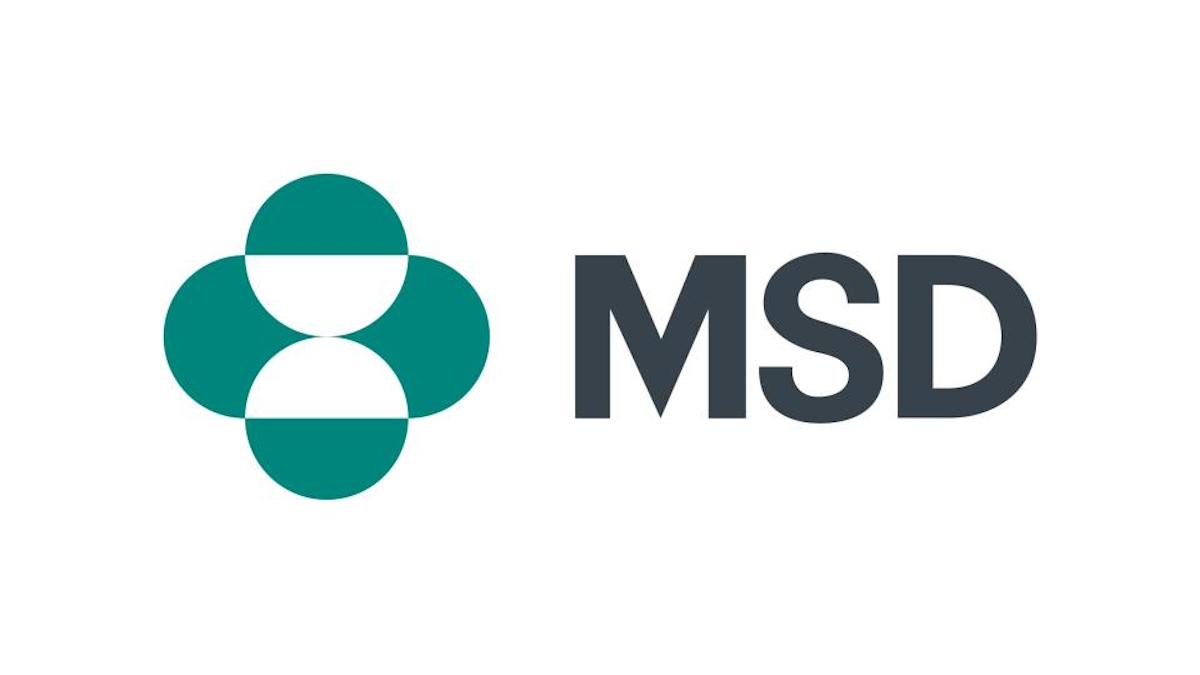End of the line for MSD's TIGIT, LAG-3 cancer drugs

MSD has decided to abandon the development of its anti-TIGIT antibody vibostolimab and anti-LAG-3 antibody favezelimab, blowing a hole in its immuno-oncology pipeline.
The demise of the two programmes is another example of the difficulties companies are facing in developing additional checkpoint inhibitors that work alongside the PD-1/PD-L1 inhibitors that currently dominate the cancer immunotherapy category, headed by MSD's top-selling Keytruda (pembrolizumab).
The decisions haven't come out of left field – particularly for the TIGIT candidate, which has chalked up a series of failed trials in the last couple of years – but are nevertheless a blow to MSD's hopes to build up its cancer portfolio as $25 billion-a-year Keytruda approaches the end of its patent life in around 2028.
Vibostolimab was being tested as a fixed-dose combination with Keytruda in the KeyVibe trials programme, which included two phase 3 trials - KeyVibe-003 and KeyVibe-007 - in patients with non-small cell lung cancer (NSCLC).
MSD, known as Merck & Co in the US and Canada, said the studies' independent data monitoring committee had concluded that, after looking at the totality of the safety and efficacy data, it was better to shut them down, along with all other vibostolimab studies, including KeyVibe-006 in locally advanced NSCLC.
The TIGIT trail has proved to be a tricky one to navigate, with disappointing results pretty common among the candidates making their way through an industry pipeline that also includes Roche's tiragolumab and Gilead/Arcus' domvanalimab in late-stage testing.
As for the LAG-3 programme, MSD revealed in September that a fixed-dose combination of Keytruda plus favezelimab was unable to extend overall survival in the KEYFORM-007 trial in previously treated PD-L1-positive microsatellite stable (MSS) metastatic colorectal cancer.
It has now discontinued the KEYFORM-008 study in classical Hodgkin lymphoma – the only phase 3 programme for favezelimab, for which results are not yet available – as well as a phase 2 programme that spanned bladder cancer, cutaneous squamous cell carcinoma, endometrial cancer, melanoma, oesophageal cancer, and renal cell carcinoma.
KEYFORM-008 will stop enrolling new patients, but will be allowed to run through to completion with the current cohort.
One LAG-3 drug has reached the market, namely Bristol-Myers Squibb's Opdualag, which combines its PD-1 inhibitor Opdivo (nivolumab) with LAG-3 drug relatlimab. That is approved for melanoma, but failed a phase 3 trial in MSS colorectal cancer last year.
"Following a careful analysis of the data, the decision has been made to discontinue development of these candidates to prioritise other ongoing programmes," said Merck Research Laboratories' (MRL) head of oncology development, Dr Marjorie Green.
MSD has been investing heavily in its pipeline to prepare for the loss of patent protection for Keytruda. Recent examples in the cancer category include a $2.7 billion deal to license a PD-1/VEGF-targeting drug from LaNova Medicines, a $1.4 billion takeover of Modifi, a $1.3 billion deal with Curon that added a bispecific drug for B-cell diseases, and the licensing of three antibody-drug conjugate (ADC) therapies from Daiichi Sankyo for $4 billion upfront in October last year.












